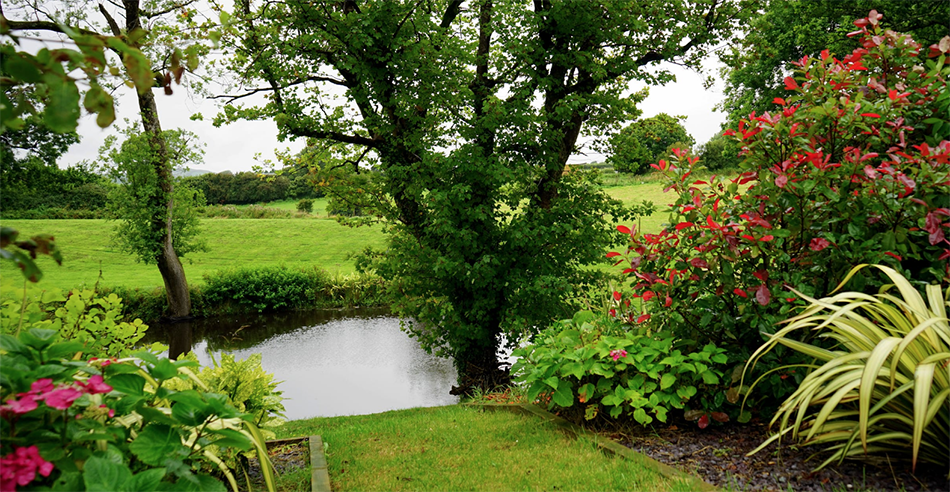
Warm weather brings sunny ideas for your landscaping and flowerbeds. The sky’s the limit! Well, the sky and your old, faded mulch. You want everything shiny and new, so what do you do with old mulch?
Organic or Inorganic Mulch?
Before you tackle this project, you need to understand the difference between organic and inorganic mulch.
Organic mulch is exactly what it sounds like; mulch made from sources that were once living, such as bark, straw, wood chips, and sawdust. You’ll be able to use organic mulch in a few different ways.
Inorganic mulch is made of manufactured materials like rubber, or naturally occurring materials like gravel.
What to Do With Old Organic Mulch
First, pick up a handful of mulch. If it still looks like mulch, you can reuse it. If it resembles dirt, it’s lost its functionality as mulch. If it smells of vinegar, rotten eggs, or alcohol (“sour mulch”) it is temporarily unusable until it’s rinsed and dried.
If the mulch has any signs of disease, fungus, or parasites, it should be disposed of.
How to Reuse Old Organic Mulch
Reusing old mulch is as simple as buying new supply to cover the existing layer. Use a rake to loosen it up before adding that fresh layer.
Remember that the total recommended depth of mulch is no more than 3-4 inches. Any deeper than that, and you run the risk of:
- Fungus
- Pest and rodent infestation
- Crown rot disease
- Plants rooting in the mulch
- Root rot
What to Do With Old Mulch That’s Faded
So your mulch has lost some of its color, but it’s in otherwise good condition. What are your options?
There are many environmentally friendly mulch dye routes to take. Unless you chose a natural color, your mulch was colored when you purchased it.
Mulch dye is generally made from one of three different naturally occurring materials:
- Carbon: Carbon (or charcoal) is the colorant of choice for black mulch dye.
- Vegetables: Many mulch colorants are vegetable-based, meaning they are environmentally safe.
- Iron Oxide: Iron oxide is iron and oxygen, or as we know it better, rust. This is the dye of choice for reddish mulches.
What To Do With Old Mulch That Is Decomposed
Decomposed organic mulch can still be very useful as compost or a soil amendment, as long as it isn’t dyed. In fact, when used properly, organic mulch acts as a fertilizer and is a beneficial supplement for your plants.
It’s important to understand that old wood mulch should be mixed with compost before adding to your soil. Wood mulch mixed directly into your flower beds will compete for the nitrogen your plants need to survive.
What Do You Do With Old Mulch When Composting Isn’t An Option?
If you have limited space or dyed mulch, composting isn’t an option. You’ll need to bag up the old mulch and take it to your waste management facility. Never burn old organic mulch!
If bagging up old mulch isn’t your idea of a fun afternoon, you can call a professional landscaping company to dispose of your old mulch.
